Weekly overview in pictures: NATO battle group in Romania | Financial aid for Romanians hosting Ukrainians | Suceava humanitarian hub receives French aid convoys
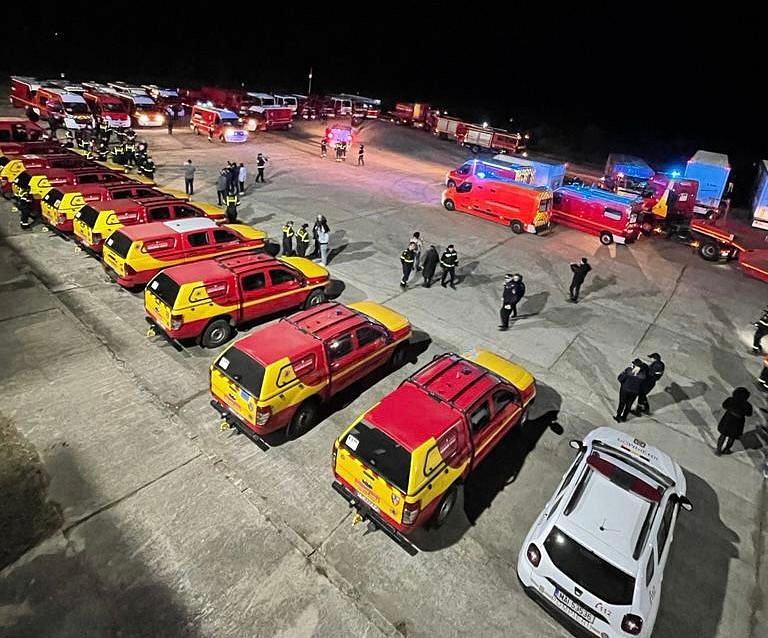


Ukrainian citizens fleeing the war continued to arrive in the country, adding to 562,942 refugees who have entered Romania since Russia invaded Ukraine on February 24, according to March 27 data from the Border Police. Most of them are only transiting the country on their way to other destinations in Western Europe, with around 80,000 Ukrainian citizens choosing to stay in Romania by March 21.
To support those who have hosted or are hosting refugees from Ukraine, the Romanian Government approved last week a package of financial assistance. For each person hosted, individuals will be able to receive RON 20 per day for food expenses and RON 50 per day for accommodation. Hotels and other accommodation facilities have also been included in this scheme.
The money will be given to "individuals, volunteers, Romanians who, without necessarily waiting for a decision from the authorities, rushed from the very first day to open their doors, welcome Ukrainian neighbors and friends, into their homes," Government spokesperson Dan Cărbunaru explained.
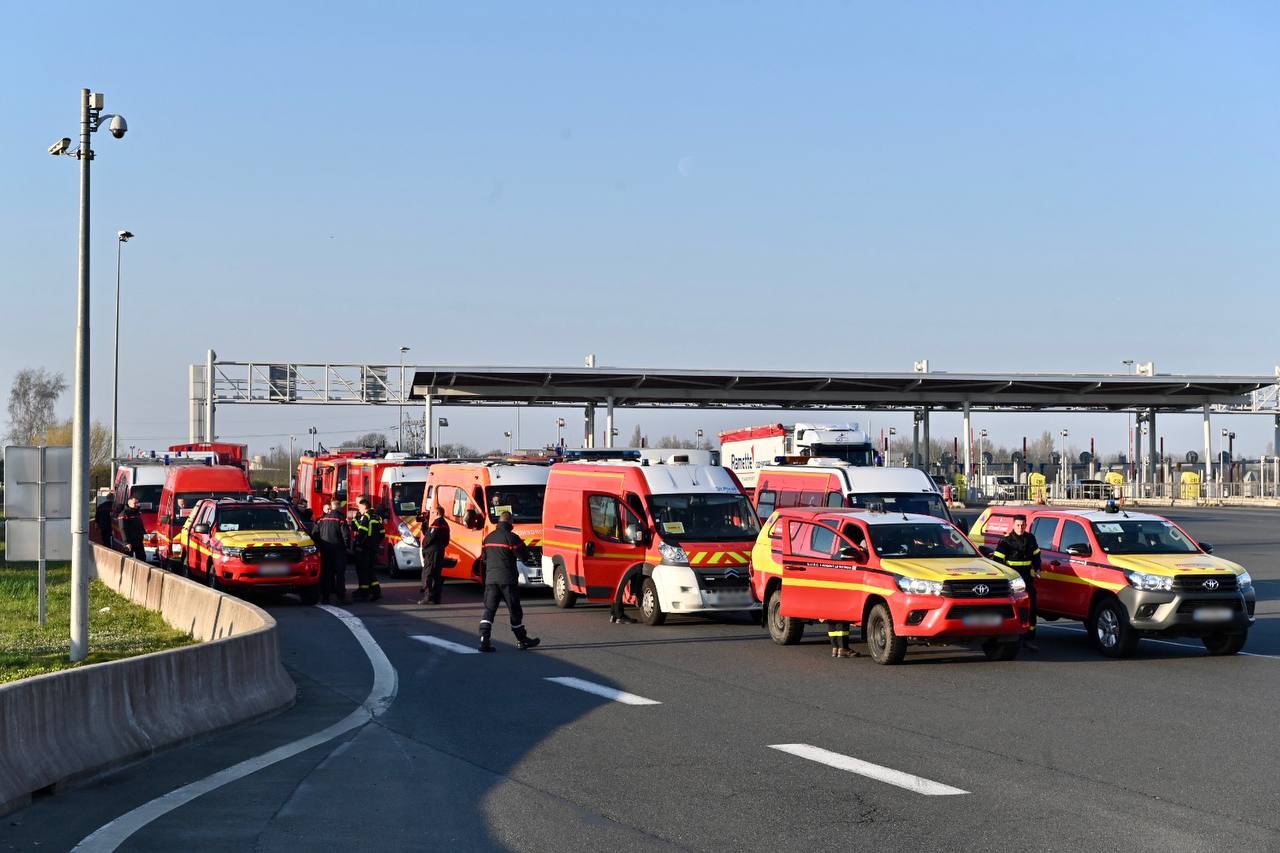
The EU civil protection hub set up in Suceava, in northeastern Romania, that is managing the direct aid to Ukraine, received two French aid convoys over the weekend. A total of 50 intervention vehicles, 21 ambulances, and 49 tonnes of equipment were delivered to the Ukrainian side. The operation, France's first contribution to the humanitarian hub, was organized by the French Interior Affairs Ministry's Department for Civil Security and Crisis Management and the French Foreign Affairs Ministry's Crisis and Aid Center.
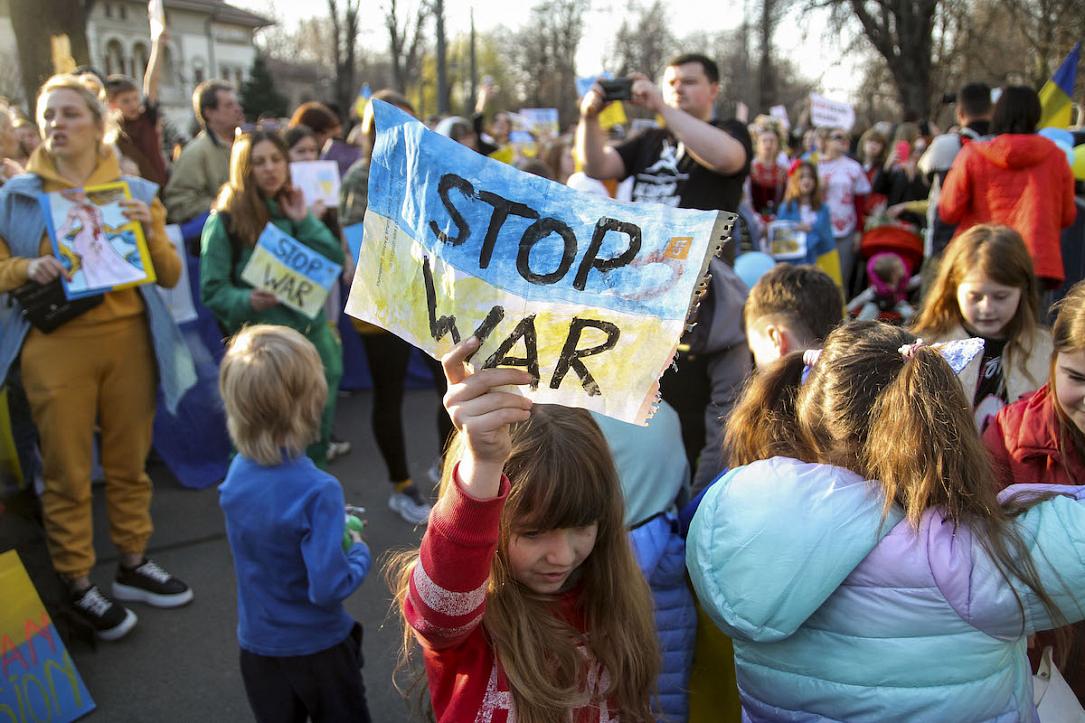
Meanwhile, Bucharest joined other European cities in protests against Russia's invasion of Ukraine. The "December 21, 1989" Association held a protest in front of the Russian Embassy in Bucharest on Sunday, March 27, with Ukrainian refugees participating as well.
With a focus on the situation in Ukraine, NATO and EU leaders held a series of meetings in Brussels last week, joined by U.S. President Joe Biden.
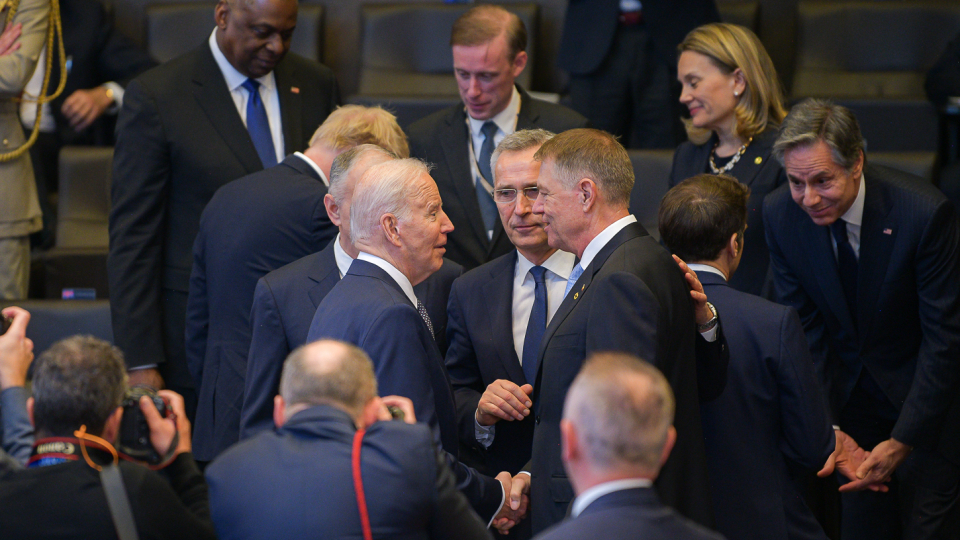
For Romania, the meetings meant a confirmation that the country would host a NATO battle group. Overall, NATO allies agreed to bolster the alliance's Eastern Flank with four additional battle groups in Bulgaria, Hungary, Romania, and Slovakia, the alliance announced at its March 24 meeting in Brussels. It will also send further support to Ukraine as it battles the Russian invasion.
"We are taking all measures and decisions to ensure the security and defense of all allies across all domains and with a 360-degree approach. Our measures remain preventive, proportionate, and non-escalatory. We will now accelerate NATO's transformation for a more dangerous strategic reality, including through the adoption of the next Strategic Concept in Madrid," a statement of NATO Heads of State and Government reads.
The leaders have tasked military commanders to work on plans, and the final operational details are set to be decided at the next NATO summit, to be held in Madrid in June.
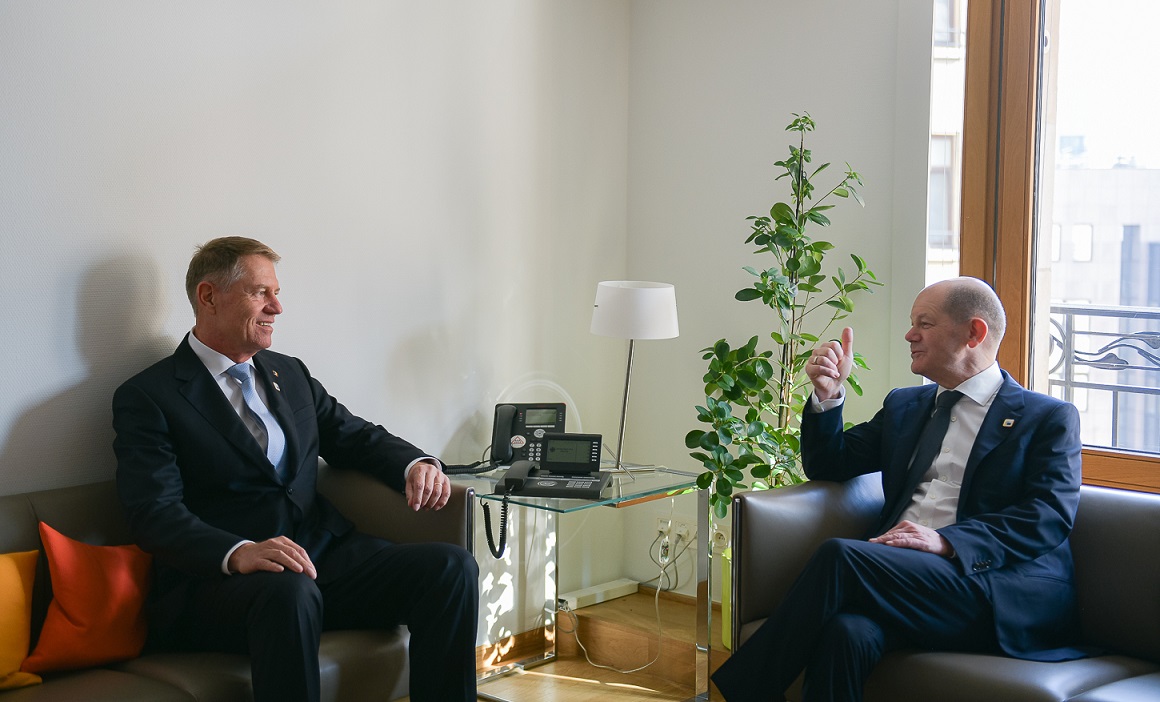
While in Brussels, president Klaus Iohannis met German chancellor Olaf Scholz. The two discussed the two countries' cooperation in the energy area, Romania's Schengen entry, the region's security situation, and the aid for Ukrainian refugees.
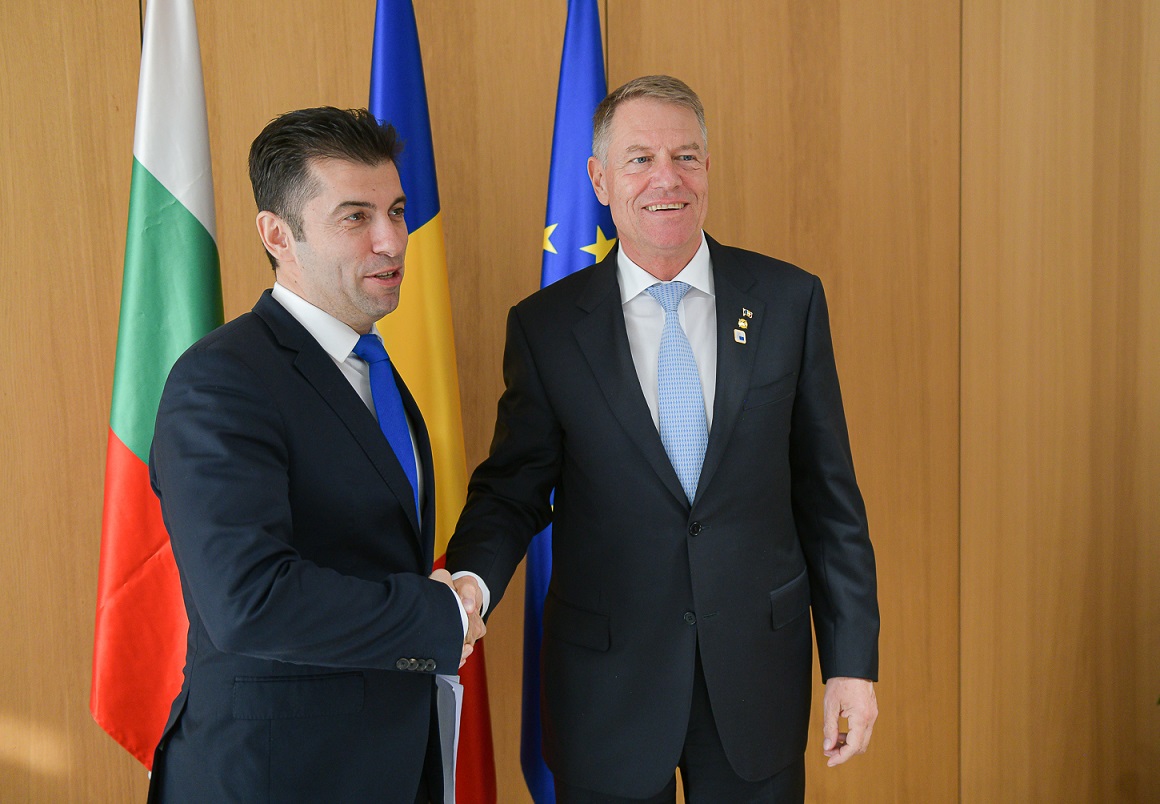
Iohannis also met Bulgarian PM Kiril Petkov, with the two discussing the cooperation on the security situation in the region, the help for Ukrainian refugees, the economic and energy cooperation between Romania and Bulgaria and speeding up the interconnectivity between the two countries.
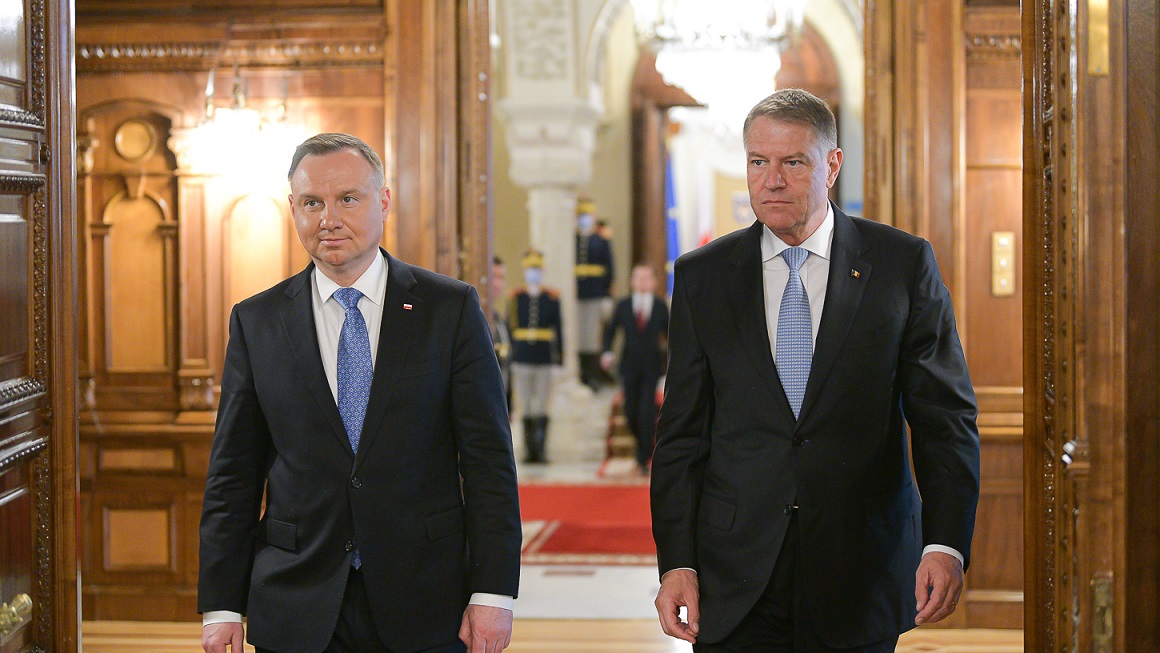
Before departing for Brussels, president Iohannis met Polish president Andrzej Duda in Bucharest, where the Polish president argued that NATO should adapt its strategy to the security crisis generated by Russia's invasion of Ukraine. On the occasion, president Iohannis announced Romania would host a meeting of the NATO members in the region under the already established B9 (Bucharest 9) format, ahead of the alliance's summit in July.
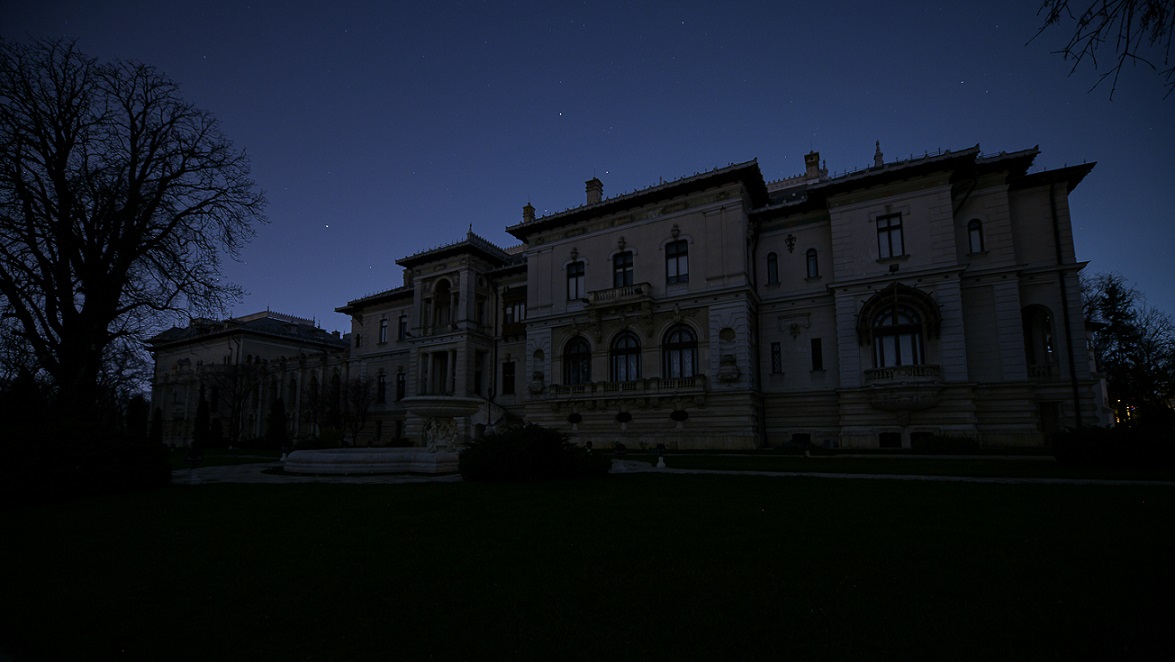
Earth Hour, the grassroots movement for the environment, was marked in Romania as well, with several institutions turning off their lights on March 26. Among them was the seat of the Romania Presidency, Cotroceni Palace, which switched off electricity for the event.
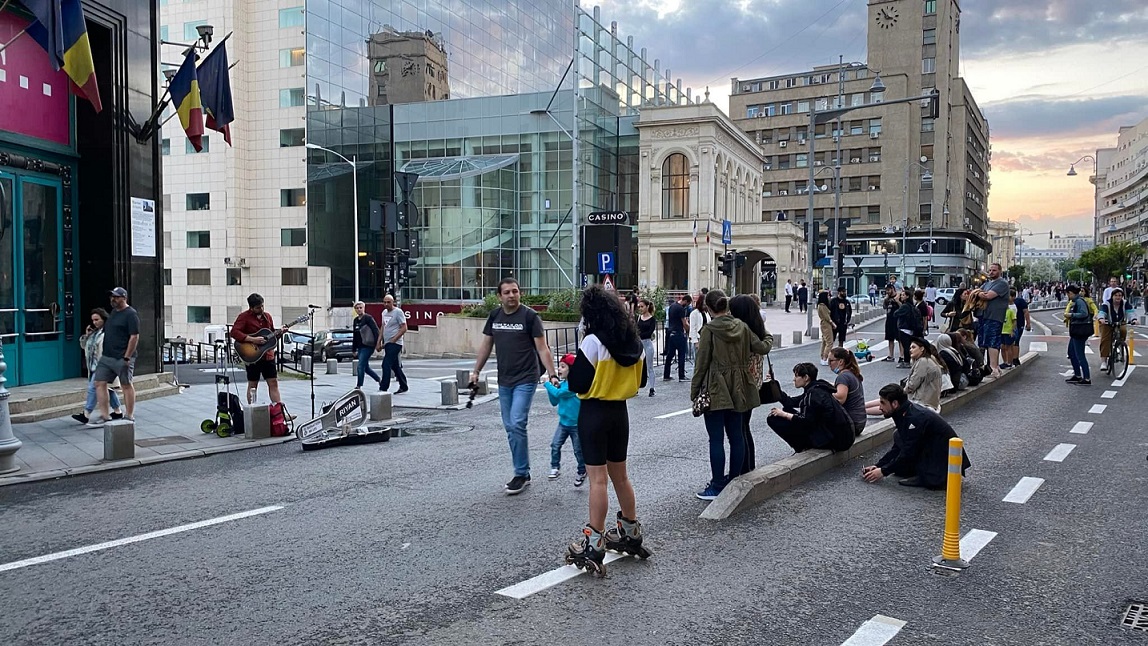
Elsewhere, the Bucharest City Hall announced it would organize a new edition of the "Open Streets" event between April 30 and October 16, thus turning several boulevards and streets into pedestrian-only zones during weekends. The project will be extended this year to cover all of the capital's districts, mayor Nicușor Dan explained. The event will thus include not only major downtown arteries such as Calea Victoriei but also streets in each of the capital's six districts.
(Opening photo: Ambassade de France en Roumanie Facebook Page)
simona@romania-insider.com